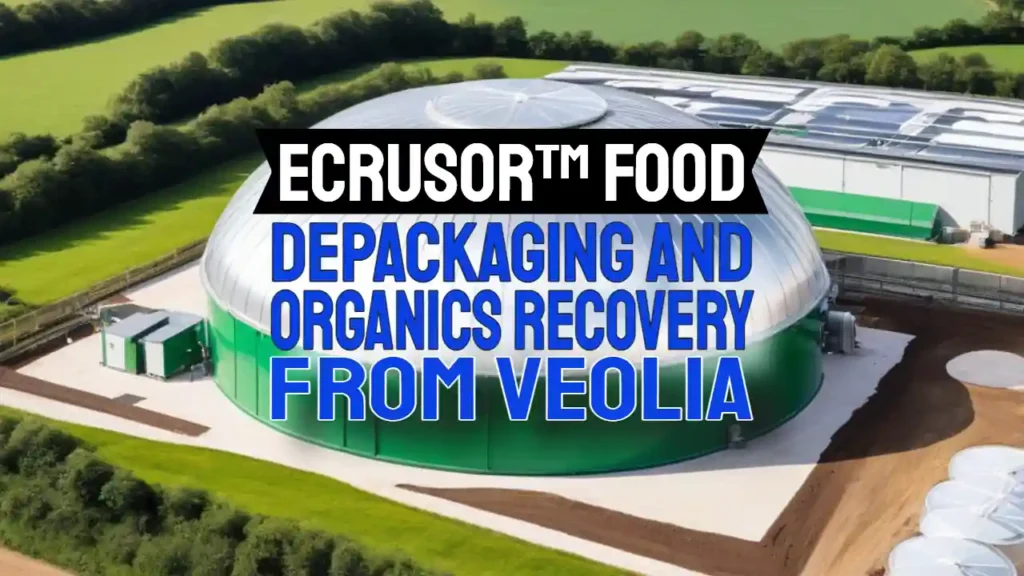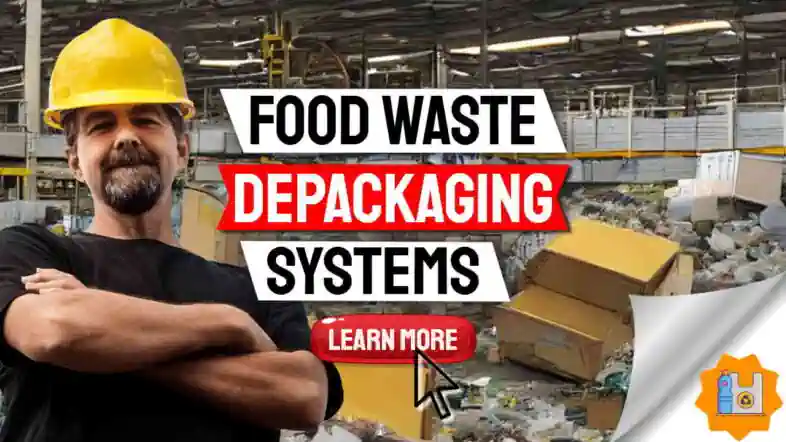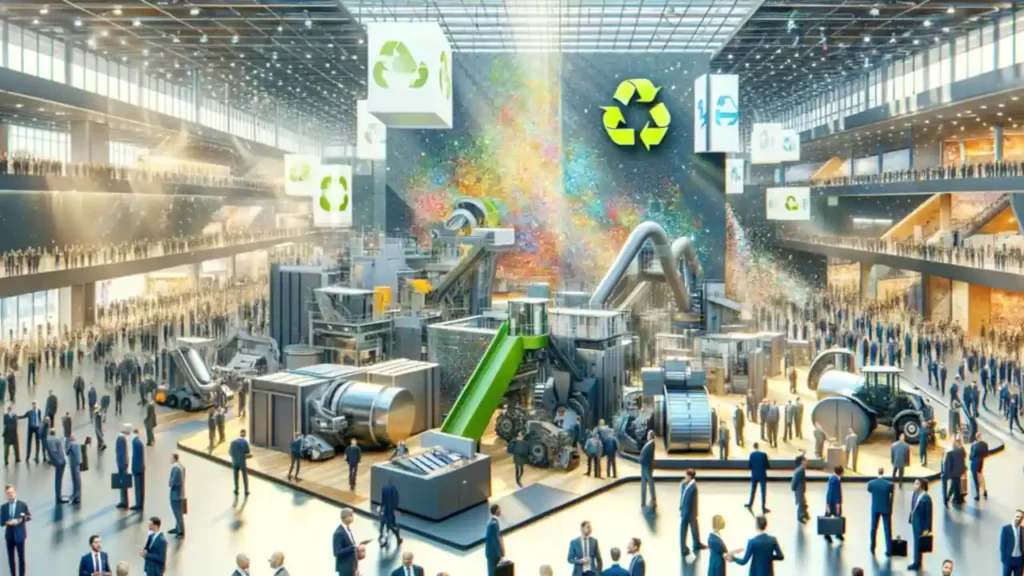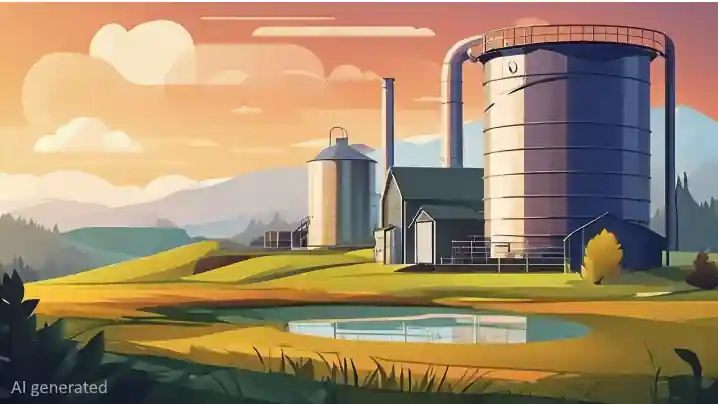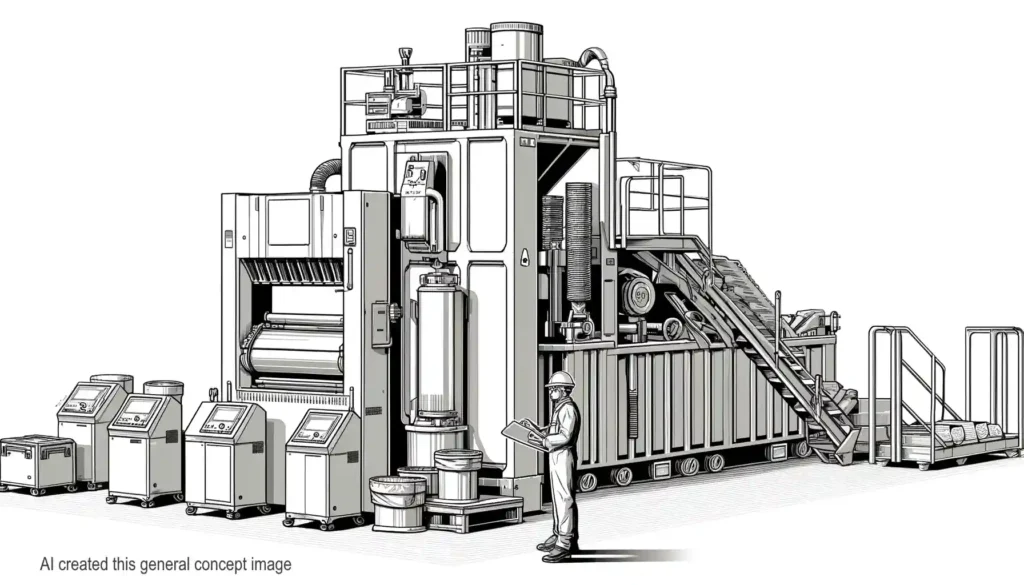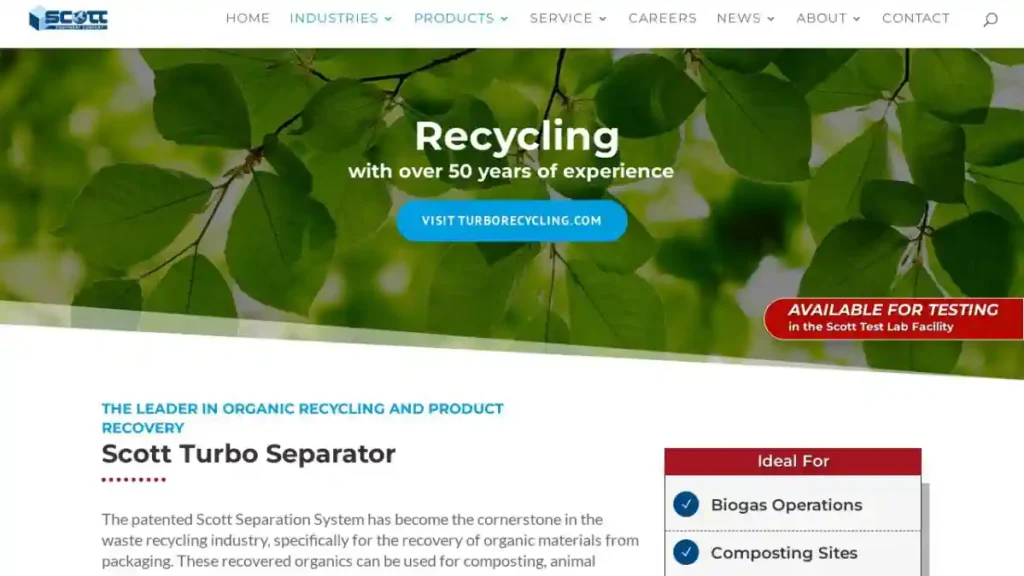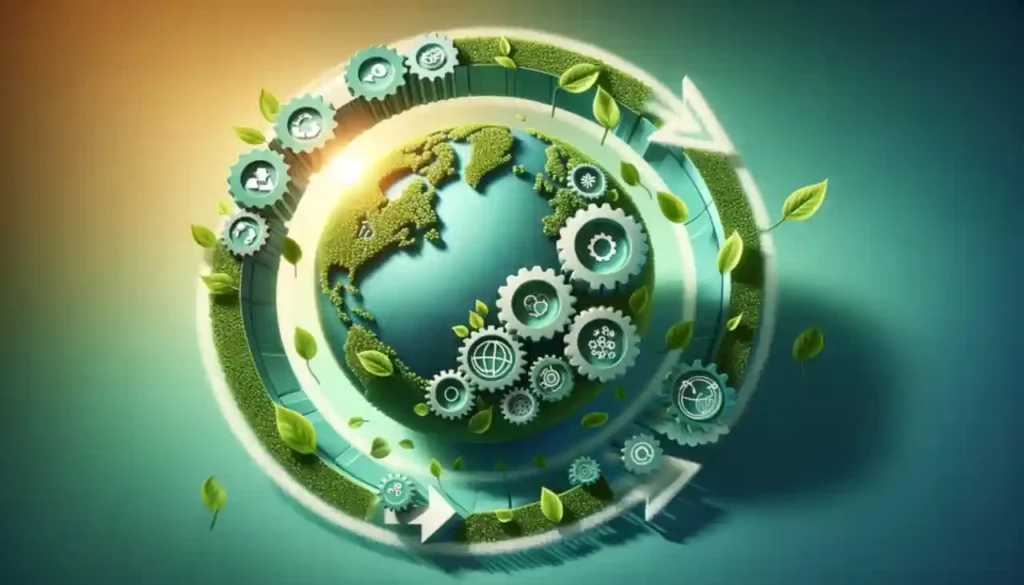The Ecrusor™ is offered as a solution for depackaging and preparing biodegradable wastes for energy generation.
The following is text curated from the Veolia website:

The Ecrusor™ is a food depackaging and organics recovery process ideal for preparing source-separated organics, landfill-diverted organics, and other biodegradable wastes for energy generation.
- Removes contaminants such as plastic, metal, and mixed material packaging
- Produces a high-quality organic slurry generating biogas.
It can be installed below grade, outdoors, or within truck off-loading stations to receive material directly from vehicles Processes up to 52 cubic yards of mixed waste every hour with very low operating energy.
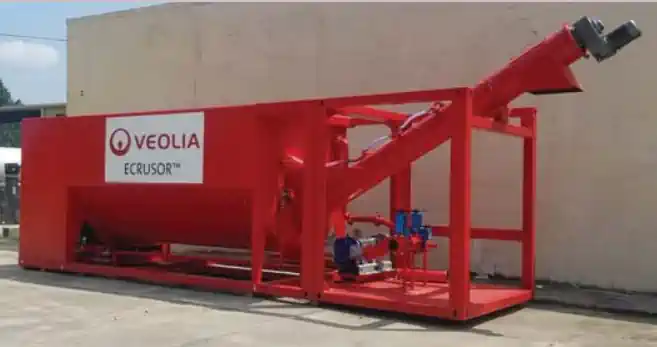
Co-digestion of Food Waste with Wastewater Sludge
Co-digestion involves commingling of sewage wastewater sludge with other high-strength waste from residential, commercial, and/or industrial waste and is anaerobically digested to produce stabilized end product and biogas.
The first step to any successful co-digestion process is to secure, receive, depackage, and pre-treat substrates that can be commingled with sewage wastewater sludge. The Ecrusor process is Veolia’s primary food depackaging and organics recovery process.
The Ecrusor process is primarily used to depackage expired products such as:
- dairy products,
- meat products,
- confectionery industry,
- manufacturing residuals,
- bakery wastes, including uncooked and cooked dough,
- expired soft drinks,
- expired food products,
- waste from grocery chains,
- waste from cafeterias, restaurants, commercial kitchens, restaurants, etc,
- household and kitchen waste and
- landfill diverted organics.
In addition, the Ecrusor process can also accept unpackaged materials such as sewage liquid with 1 to 30% dry solids concentration, dairy waste, septic tank sewage, and dewatered cake from other facilities.
The Ecrusor Process
A compact and robust process, Ecrusor depacks food waste from its packaging in order to extract organic material. Inert waste packaging material is sent to a recycle bin while energy-rich organic material is macerated and sent to a holding hopper prior to being pumped out.
The patented process creates a homogenous mixture of liquid and solid organics that is conveyed to an anaerobic digester to produce biogas. Using CHP or other tools, this biogas can then be converted into energy for use at the facility or for sale back to the grid.
Alternatively, the biogas can be converted to biomethane for use in pipelines in lieu of natural gas or compressed for use in vehicles. Ecrusor thus helps turn waste treatment facilities into revenue-generating resource recovery facilities in a circular economy approach.
Pros
A modern design for food waste processing backed by all the resources of probably the largest waste company in Europe.
Cons
Some may not which to use the product of a competitor waste recycling company.
The Youtube video showcased on their website shows what appears to be very high water content pulp which appears sub-optimal for the direct feed to a biogas digester.
Although no shredding is evident in the video, maceration is mentioned in the text above. The particle size produced appears to be small and the opportunity to recycle the reject stream is unclear.
https://www.veoliawatertech.com/ecrusor
TAGS: DEPACKAGE EXPIRED PRODUCTS, ECRUSOR, ECRUSOR DEPACKAGER, ECRUSOR PROCESS, ORGANIC ENERGY RECOVERY
Discover more from IPPTS Depackaging Equipment Insights
Subscribe to get the latest posts sent to your email.

